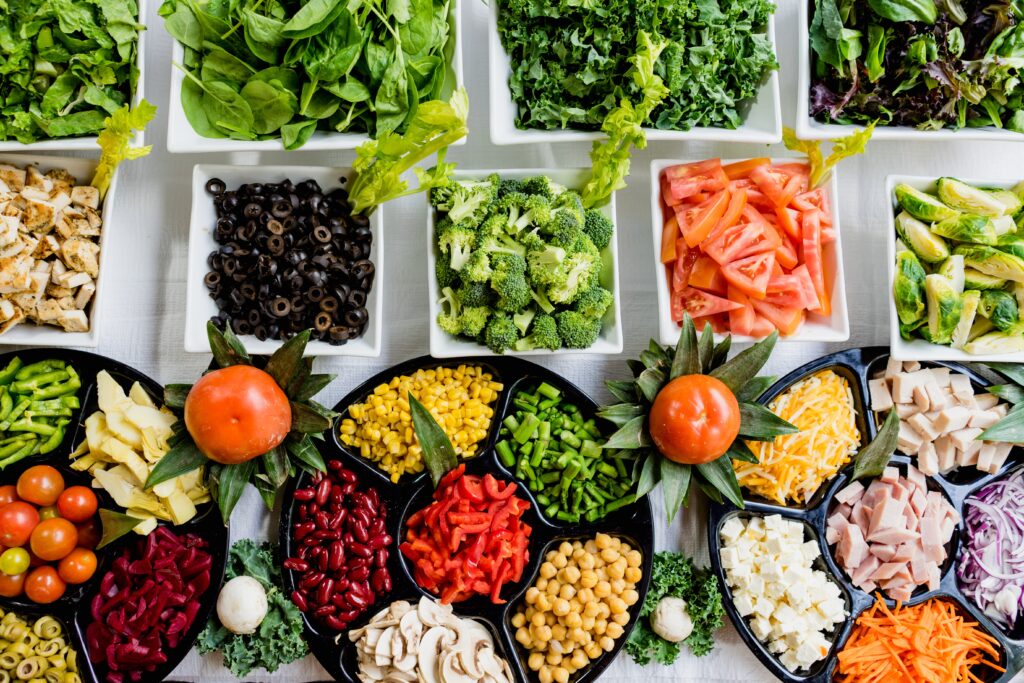What you nourish your body with is one of the biggest factors in your overall health. Not just for your physical self but also your emotional, social, mental, and spiritual self. How the body uses food affects every part of our being so dramatically that if you only fuel your body with nutrients and avoid all those unnecessary ‘filler’ foods, you’ll achieve an excellent level of health without putting much effort into exercising. That being said, you’ll also have a hard time avoiding activity when your body is running on high-quality fuel!
You pretty much have to be living under a rock to avoid being regularly bombarded by advertising and association recommendations regarding many foods that are supposedly ‘healthy’ for you. The truth is, the claim of a healthy status shouldn’t be taken as a definite benefit to your body. You need to get the facts from unbiased sources to be sure you’re getting the most accurate information and advice about what truly is the right combination of nutrients and macronutrients (the protein, fat, and carbohydrates) to supply the optimum performance fuel for your body.
Changing eating habits isn’t easy, though, so to make changes that stick, you’ll want to use these tidbits of advice to cement your new way of fueling your body into place.
1.Keep a record of the food you eat and what you drink for at least a week.
This will help you constructively judge your eating habits, identify areas for change, and make you accountable for your food choices. Studies have shown this to be one of the vital components to successful diet changes and weight loss.
2.Eat slowly so that you can allow your body the time to signal that you’re full and to be much more satisfied by the flavor of the food.
3.No need to count calories and measure portion sizes.
Be more concerned with making food choices in their most natural state (vegetables, fruits, grains, pulses, unprocessed meats, and much more), including a wide range of colors and variety.
It’s good to have a long-term plan of how you’d like to be feeding your body, but you’ll be most successful if you make small changes over time. For example, if you would like to be consuming more vegetables, start by preparing an array of raw vegetables that you have on hand to snack on and make this your main goal for the week. The following week, you may want to start creating some dinner recipes focused on more healthy ingredients. Little by little, you will be building new habits that will stick.
4.Drink water regularly throughout the day.
Not only does water flush toxins and waste products out of the body, but it also helps you feel more energetic, gets you thinking more clearly, improves the appearance of your skin, and helps you to feel less hungry. If you’re not drinking around 2 liters of water a day, make this one of your first diet changes to implement.
5.Moderation is the key to any diet, so don’t feel like you can never enjoy your favorite sugar-laden treat or enjoy the convenience of fast- food.
Just don’t make it your regular routine. As well, use the concept of moderation and balance with portion sizes. Don’t fill your plate with a high-carb portion of pasta and only include a small serving of low-carb vegetables. Although carbs are an important part of a healthy diet, they are often over-consumed and not conducive to your body’s optimum performance or in managing a healthy weight.
6.Try not to be eating anything within 4 hours of going to sleep.
Studies suggest that this simple dietary change is beneficial for the digestive system and in avoiding the high fat/high calorie snacking that often occurs after the last meal of the day.
7.Learn to like the good sources of fat.
Fat tends to get a bad reputation for being the main instigator of weight gain, but it’s over-consumption (mainly over-consumption of high carbohydrate foods) that causes weight gain and sluggish body processes.
Get well educated on the good sources of fat that are so vital to the nourishment of your body. Just a couple of excellent options are nuts & seeds, plant oils, avocados, fish, peanut butter (with just peanuts), and tofu.
8.Protein is an energy-packed element of a balanced diet.
It’s integral to building muscle and gives the body a great energy kick along with other healthful benefits.
9.Limit sugar and salt and recognize all the hidden sources of these health threats.
Although it can be a given that consuming too much sugar and salt isn’t ideal, the biggest hurdle is being informed enough to realize all the places these veiled ingredients are hiding.
For the most part, your food sources will start becoming more and more natural; without even realizing it, you will feel so much better that you will eat more healthily than ever before.

